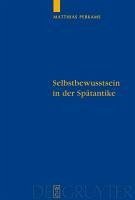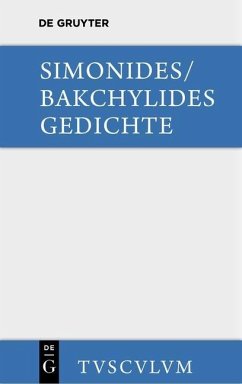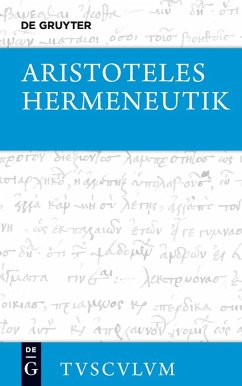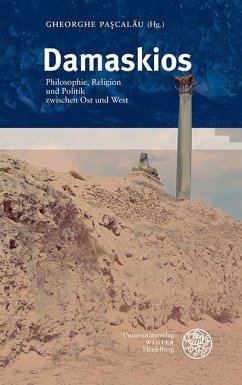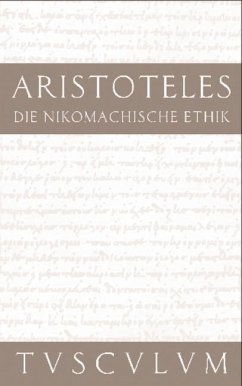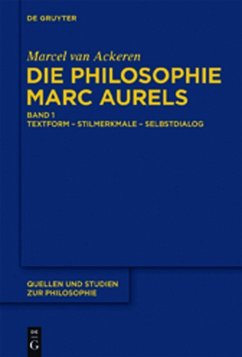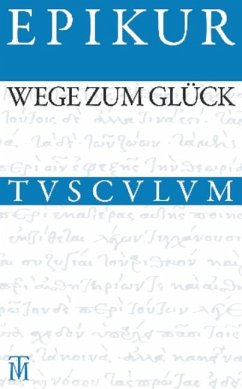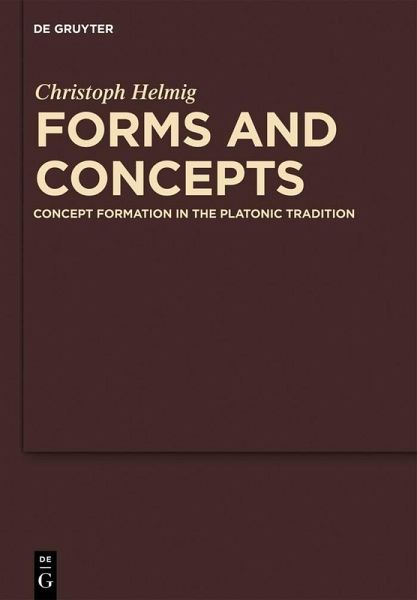
Forms and Concepts (eBook, PDF)
Concept Formation in the Platonic Tradition
Versandkostenfrei!
Sofort per Download lieferbar
125,95 €
inkl. MwSt.
Weitere Ausgaben:

PAYBACK Punkte
63 °P sammeln!
Forms and Concepts is the first comprehensive study of the central role of concepts and concept acquisition in the Platonic tradition. It sets up a stimulating dialogue between Plato's innatist approach and Aristotle's much more empirical response. The primary aim is to analyze and assess the strategies with which Platonists responded to Aristotle's (and Alexander of Aphrodisias') rival theory. The monograph culminates in a careful reconstruction of the elaborate attempt undertaken by the Neoplatonist Proclus (6th century AD) to devise a systematic Platonic theory of concept acquisition.
Forms and Concepts is the first comprehensive study of the central role of concepts and concept acquisition in the Platonic tradition. It sets up a stimulating dialogue between Plato's innatist approach and Aristotle's much more empirical response. The primary aim is to analyze and assess the strategies with which Platonists responded to Aristotle's (and Alexander of Aphrodisias') rival theory. The monograph culminates in a careful reconstruction of the elaborate attempt undertaken by the Neoplatonist Proclus (6th century AD) to devise a systematic Platonic theory of concept acquisition.
Dieser Download kann aus rechtlichen Gründen nur mit Rechnungsadresse in A, B, BG, CY, CZ, D, DK, EW, E, FIN, F, GR, HR, H, IRL, I, LT, L, LR, M, NL, PL, P, R, S, SLO, SK ausgeliefert werden.




